Introduction to Commercial Fish Dehydrator Machines
Dehydration is a pivotal process in the seafood industry, and a commercial fish dehydrator machine stands as a cornerstone in this realm. These machines are engineered to reduce moisture content in fish, extending its shelf life and preserving its nutritional value. The role of dehydrators in the seafood sector cannot be overstated, as they are essential in maintaining the quality and safety of fish products.
Materials and Construction
The construction of a fish dehydrator is a critical factor in its functionality and longevity. Typically, these machines are crafted from robust materials like stainless steel, known for their durability and resistance to corrosion. Stainless steel dehydrators are particularly suited for professional environments, where their resilience to frequent use is a necessity. Alternatives made from high-grade plastics are available, offering a cost-effective solution while still providing adequate performance for less intensive applications.
Features and Technologies
Modern fish drying equipment comes equipped with a variety of features designed to enhance the user experience and improve efficiency. Basic models may operate with simple switch buttons, while more advanced units boast digital touch settings, timers, and LED displays for precise control. Features such as auto shut-off functions contribute to the safety and energy efficiency of these machines, making them a smart addition to any seafood processing operation.
Applications and Advantages
A seafood dehydrator is not just about preserving fish; it's about enhancing its qualities. The dehydration process impacts the texture, color, and flavor, often resulting in a product that's desirable in various culinary contexts. Moreover, the by-products of fish processing, such as heads and bones, can be dehydrated and repurposed into valuable commodities like animal feed ingredients or organic fertilizers, exemplifying the machine's versatility.
Selection and Efficiency
Choosing the right industrial fish dehydrator can be a daunting task, but it's crucial for ensuring that production needs are met. The market offers a diverse range of dehydrators, varying in size and processing capabilities. Whether for a small-scale operation or a large processing plant, the selection of a dehydrator should align with the intended volume of production and the specific requirements of the seafood being processed.
Environmental Impact and Sustainability
Sustainability is a growing concern in the seafood industry, and utilizing a commercial grade fish dehydrator can contribute positively to this cause. By extending the shelf life of fish and reducing waste, dehydrators play a part in promoting more sustainable consumption patterns. Additionally, the transformation of by-products into useful materials aligns with the principles of a circular economy, further underlining the environmental benefits of these machines.
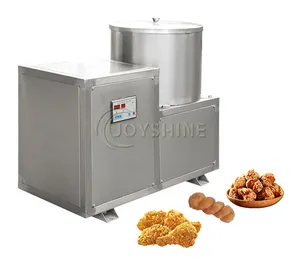






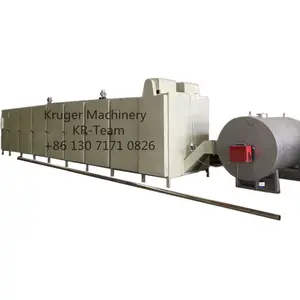


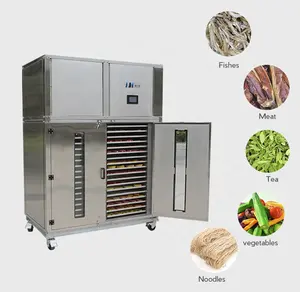

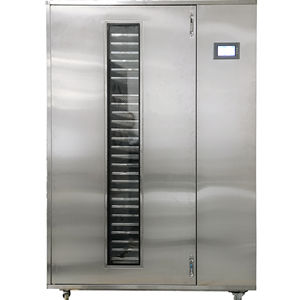
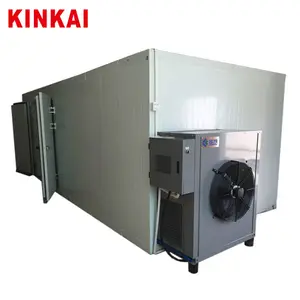





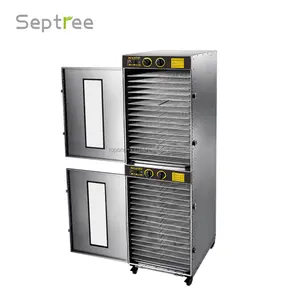


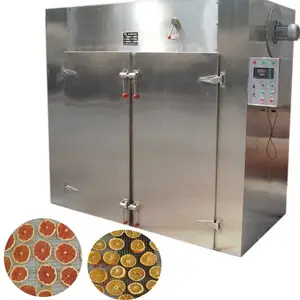







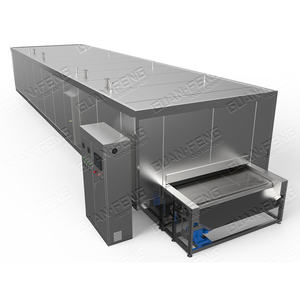


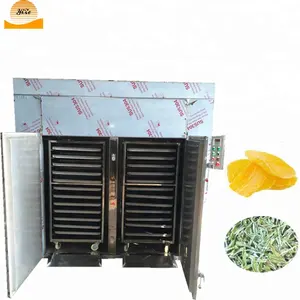




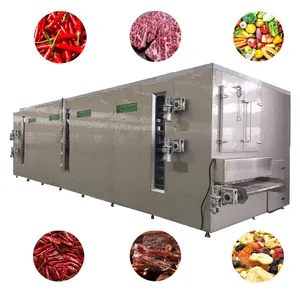
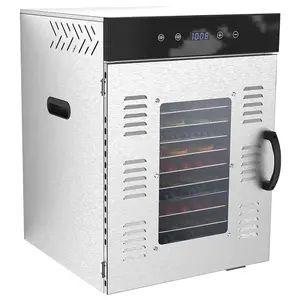




































 浙公网安备 33010002000092号
浙公网安备 33010002000092号 浙B2-20120091-4
浙B2-20120091-4